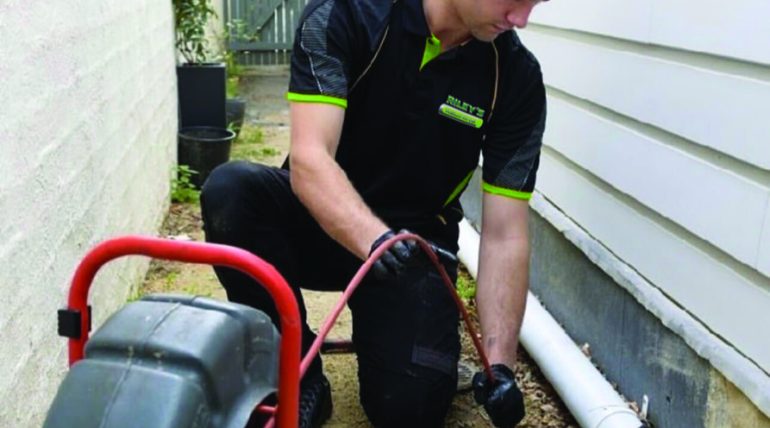
Blocked drains are a common household headache that can lead to expensive repairs if not addressed early. Fortunately, with a few simple habits, you can prevent most blockages and keep your drains running smoothly. Here’s how.
Common Causes of Blocked Drains
Understanding what causes blockages can help you avoid them. The main culprits include:
- Grease and fat – Cooking oil and grease solidify in pipes, causing blockages over time.
- Hair – A leading cause of bathroom drain clogs, especially in showers and sinks.
- Food scraps – Even with a garbage disposal, certain foods like coffee grounds and pasta can cause build-up.
- Foreign objects – Items like wipes, sanitary products, and excessive toilet paper can clog pipes.
- Tree roots – Roots infiltrate small cracks in underground pipes, causing major blockages.
Tips to Prevent Blocked Drains
- Dispose of Grease Properly – Instead of pouring grease down the sink, let it cool and dispose of it in the bin.
- Use Drain Strainers – Install strainers in sinks and showers to catch food, hair, and debris before they enter the pipes.
- Flush with Hot Water – Pouring boiling water down the drain weekly helps dissolve grease and soap scum.
- Be Mindful of What Goes Down the Drain – Only flush toilet paper and human waste. Avoid flushing wipes and other non-biodegradable items.
- Schedule Regular Pipe Inspections – Routine CCTV drain inspections can detect potential blockages early before they become major problems.
When to Consider Pipe Relining
If you have frequent blockages due to tree roots or pipe damage, pipe relining can provide a long-term fix. By reinforcing the pipe’s interior, relining prevents roots from re-entering and improves water flow.
Taking these steps can save you from unexpected plumbing emergencies and costly repairs. Prevention is always better than a cure!

